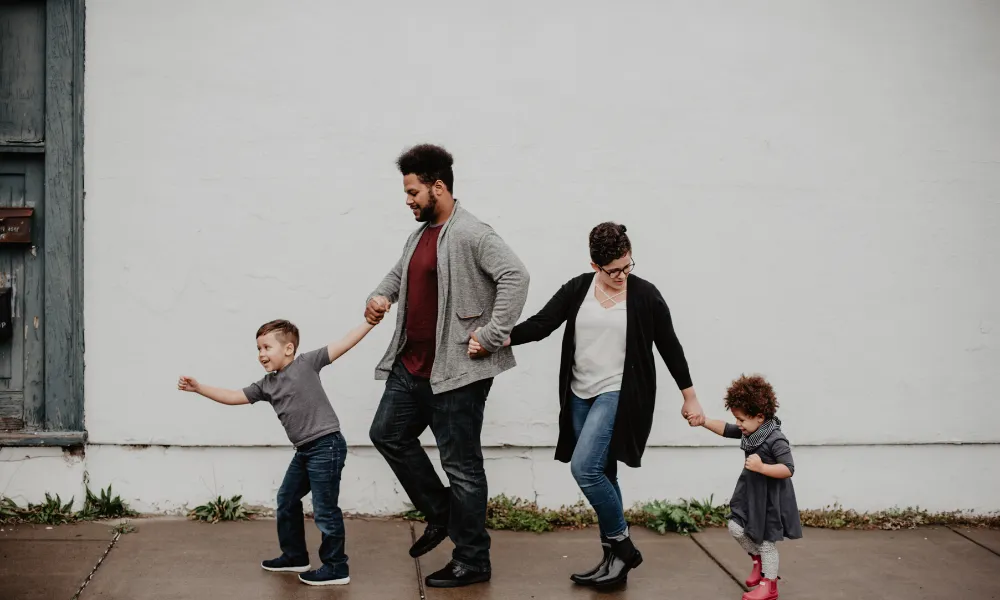Should My Children Get an Equal Inheritance? Equal inheritances have become less common. According to research, the proportion of parents over 50 who reported treating children unequally in their wills rose from 16% to almost 35% between 1995 and 2010.
The News and Record’s recent article, “When Leaving an Unequal Inheritance Makes Sense,” says that leaving unequal inheritances can be risky. A third of Americans say their financial stability depends on receiving an inheritance, and the stakes can be high for siblings — and their parents.
Should My Children Get an Equal Inheritance? It may be easier to divide your assets evenly among your beneficiaries. Still, you might feel strongly about helping an adult child who’s struggling or want to leave less to a child you’ve already financially supported. One of the most common reasons people leave unequal inheritances is to address uncompensated caregiving from an adult child. A 2018 Merrill Lynch and Age Wave study found that two-thirds of the respondents said that children who have provided care to them in their later years should receive a larger inheritance than those who didn’t.
When a child has had to compromise their lifestyle to care for a parent — such as giving up a job or working part-time instead of full-time — the parent understands the sacrifice and often wants to favor that child with the inheritance. And the Merrill Lynch and Age Wave study says many parents also feel that children who need the money most should get more. That may mean leaving less to relatively well-off kids.
Should My Children Get an Equal Inheritance? While unequal inheritances are frequently designed to reward children for their help or to ensure kids are left in the best financial condition possible, fights can flare up if one sibling feels that another sibling didn’t “earn” the extra inheritance. Here are a few things that may help reduce any friction:
- Explain your wishes. Explain what you’ve decided to leave your heirs and why before it’s too late. Include an estate planning attorney to be sure everyone understands the tax implications and liabilities associated with the assets.
- Add a deterrent. Despite your explanation, your heirs may still not agree with your choices and decide to contest the will in probate court. You can discourage this by adding a no-contest clause stipulating, for instance, that anyone who contests the will and loses forfeits the right to any inheritance.
- Invest in meaningful relationships. Financial need can certainly motivate a person to contest a parent’s will in court. However, emotional baggage can also have an effect. Sibling resentments can surface at the end of a parent’s life, and a larger inheritance may look like a preference for a “favored” child. The more secure children feel in their relationships with their parents, the more likely they will accept the decision to leave an unequal inheritance.
Reference: News and Record (April 13, 2023) “When Leaving an Unequal Inheritance Makes Sense”


